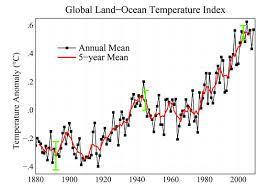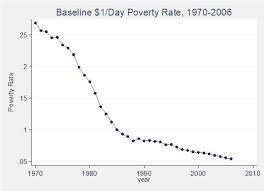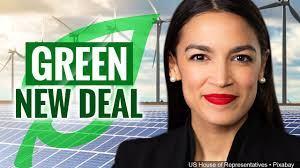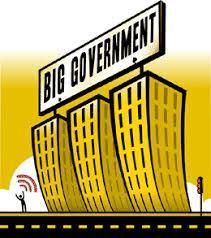
Green Nude Eel
It’s green. It’s new. And it’s a deal. What’s not to like?
Ah, the power of words. These three do make for a potent combo that’s caught the zeitgeist of today’s Democratic party. Don’t even try running for president if you’re not for the GND.
Columnist David Brooks writes that while “[t]he productive dynamism of capitalism is a wonder to behold,” this doesn’t today give the middle class, and the less skilled, economic security; nor help address “social decay.” Democrats in particular are increasingly disenamored of free market economics, blaming it for inequality and also seeing capitalism as the culprit behind climate change.
Their Green New Deal is intended as a response for all this. It envisions broad-scale government mobilization to reduce carbon emissions — to zero within a decade or two — with jobs-for-all thrown in.

First, it does behoove us to reduce planet-warming carbon emissions, to the extent it’s reasonably possible. (Leaving the Paris agreement was brainless.) But zero is not reasonably possible (given existing or foreseeable technology) without sacrifices vastly disproportionate to the resulting climate benefit. Climate zealots seem to regard economic growth, indeed wealth itself, as an evil, urging us to scale back our lifestyles. (As though humankind is a criminal deserving punishment.) Yet these are the same people who bemoan inequality and poverty. They seemingly imagine both reversing economic growth yet also redistributing its fruits.

In fact it’s not a choice. Because rising temperature is already baked in, even if emissions are cut to zero. Global warming will still continue, just a little less rapidly than if we do nothing. Thus the hair-on-fire zealotry for emission reduction is misplaced.
But if we really want to reduce emissions, nuclear power produces none. Yet greens ignore that option because . . . well, because it’s “nuclear.” (Dangerous? Fossil fuel power generation is estimated to kill around 20,000 Americans annually with lung disease. Nuclear power’s U.S. death toll: zero.)
And if we really want to stop warming, we’d have to consider geo-engineering initiatives to cool the planet. It could be done, maybe even cost-effectively. But climate zealots oppose even researching such options, because it would undermine their emissions fixation and (the horror!) enable economic growth to continue. So the GND ignores geo-engineering too.
Meantime, absent action to reverse otherwise inevitable warming, our main focus should be not on largely futile emissions reductions but, rather, preparations to combat warming’s effects. This the GND also ignores.
But meantime too, if we do insist on emissions reduction as the aim, economics gives us a clear answer for achieving it: to reflect, in the prices of things, the societal cost of their associated climate impacts. That is, a carbon tax. It would give people proper price incentives to reduce carbon and seek alternatives. (A scheme of emission permit trading would be somewhat analogous.)
However, efforts to enact a carbon tax have gone nowhere. Well, nobody likes taxes. But recently, a group of leading economists proposed, in the Wall Street Journal, a carbon tax whose revenue would be rebated via a universal dividend. That wouldn’t negate the tax’s carbon-reducing incentives, thus a win-win.

This hugely consequential policy package is not the product of a careful broad-based consultative process.

Brooks says the GND reflects “a faith in the guiding wisdom of the political elite,” with technocratic government planners in effect mastering the running of a huge and enormously complex part of America’s economic machine. How often must we see such hubristic faith come to tears? Remember the Solyndra fiasco? That was just a teensy foretaste of what the GND envisions. And Soviet central planners too fantasized being economic masterminds. Brooks wryly notes that the GND comes from “people who couldn’t even successfully organize the release of their own background document.”

Is this “Socialism?” The word doesn’t merely mean anything government does (libraries, road building), as some disingenuously suggest. It’s government taking over functions that, in a free economy, nongovernmental actors perform. And while lefties like to call it “democratic socialism,” such concentration of power is quintessentially anti-democratic and elitist.
This is the platform Democrats seem eager to run on.
Republicans, having destroyed their own brand with lies, bigotry, and thrall to a very bad man, have also managed to radicalize the Democrats into being the party of the GOP’s worst nightmare. When Democrats consolidate power — which Republican horribleness makes likely — “the era of big government,” that Bill Clinton said was over, will be back with a vengeance.

